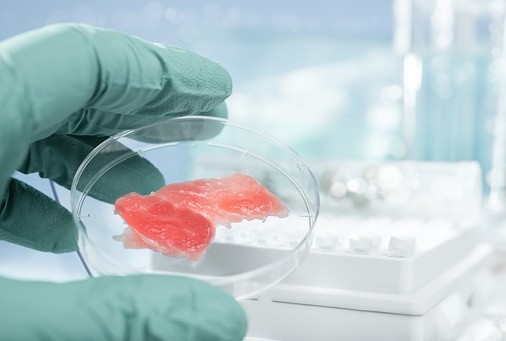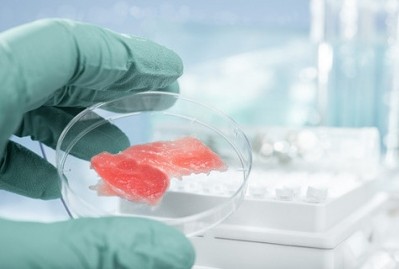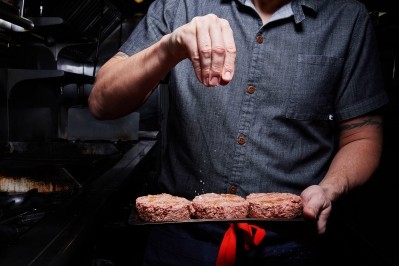Lab-made meat rebranded ‘clean meat’ to address ‘yuck’ factor

The alternative meat industry is growing at an accelerated pace and as companies like SuperMeat and Memphis Meat garner more publicity, the companies want to use new terminology to make their products more appealing.
When the industry now talks about meat produced through tissue engineering, they want people to associate this with ‘clean meat’ – not cultured or lab-grown meat like has been the case hitherto.
Bruce Friedrich, executive director of the Good Food Institute, explained the thinking behind the strategy on his blog: "First, ‘clean meat’ is a more accurate way of describing real meat grown without animal slaughter. Second, ’clean meat’ is similar to ‘clean energy’ in that it immediately communicates important aspects of the technology - both the environmental benefits and the decrease in food-borne pathogens and drug residues.”
Support for clean meat
“At SuperMeat we don’t use lab-grown meat, but cultured meat, and we are 100% supportive of the term clean meat,” said Koby Barak, the co-CEO and co-founder of SuperMeat.
There have also been a few misconceptions made about meat produced in a lab, when it’s referred to as ‘cultured meat’. Food scientists at an Institute of Food Technologists conference in the US thought it meant canned, salted, cured or aged meat, according to Friedrich.
But moving to clean meant accurately communicates what meat produced in a laboratory is all about: that it could be better for people and the planet.
Whilst having lab-grown protein readily available for consumers is a long way off (Supermeat won’t even have a single lab-grown chicken breast for another two years). A change of tact from the companies involved in the world-changing protein could address the ‘yuck’ factor consumers exhibit when told their meat is made in a lab.










